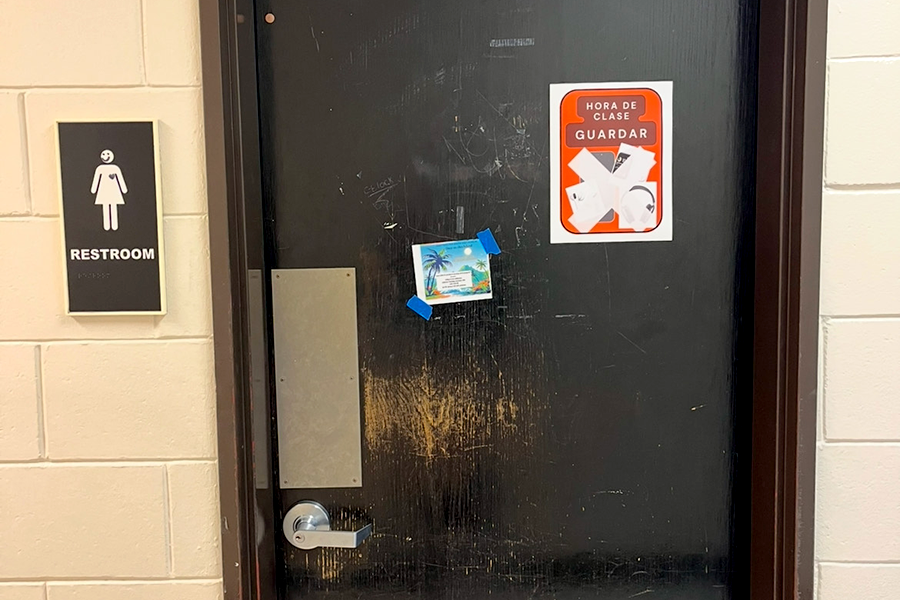Chances are, if you go to most colleges nowadays you might notice a slight imbalance. Women have surpassed men in populating college campuses, on average making up 57 percent of the students. Whether it is a question of motivation, peer pressure, or recent changes in the school system, South seems to represent these statistics at first glance.
According to the 2010 senior survey at South, 59 percent of girls were planning on going to a four-year college right after high school, while only 48 percent of boys had the same plans.
Jackie Mosconi, head of the counseling department, said that she hasn’t noticed the skewed data for gender as she focuses more of her work on ethnicity.
“I’m guessing it has more to do with socializing, and what’s ‘cool’ and ‘not cool,’” Mosconi commented about the percent of males on college campuses. She went on to say that maybe it’s a backlash to women not being considered “cool” if they were smart, which was apparent years ago. About statistics showing the lack of motivation in males, Mosconi said, “I hate to generalize because I see both boys and girls who are highly motivated.”
The problem, Mosconi said, could have to do with socializing. Peer pressure can account for a lot of what any teenager does, and among boys it sometimes can be seen as “nerdy” to get good grades.
Although statistics may point to a lack of motivation in boys, some South guys have a different view on applying themselves in school.
Sophomore Ryan Wiskerchen said “being smart for a guy is not as big of a deciding factor in high school as it was in middle school.” He added that “you don’t want to be a geek,” but it’s better to get straight A’s than to fail. Regarding the statistics for South, Wiskerchen suggests that there may be different paths that boys want to take after high school. “For some people, the military may seem like a more appealing option.”
Sophomore Avery Rivera said that the inclination to do well in school has to do more with personality, and claims some people have more drive than others, regardless of gender.
Then why do studies point to so many disinterested boys in high schools?
The problem may be the changes in early school curriculum, explains Leonard Sax, a writer who specializes in gender differences and holds a PhD in psychology. In his book Boys Adrift, he claims boys are being asked to read and write at ages when their brains aren’t developmentally ready, causing problems in school as youth that translate into apathy in their teen years.
Maybe South High is different in spirit from other campuses across the country. Something about the atmosphere, the staff, or the foundations and backgrounds of the students could very well make it an educational environment that all teenagers, even guys, enjoy. As Rivera said regarding peer pressure, “We’re more open, we don’t have one style.” He suggests that this openness and acceptance at South lets guys feel safe to put effort into their education.






